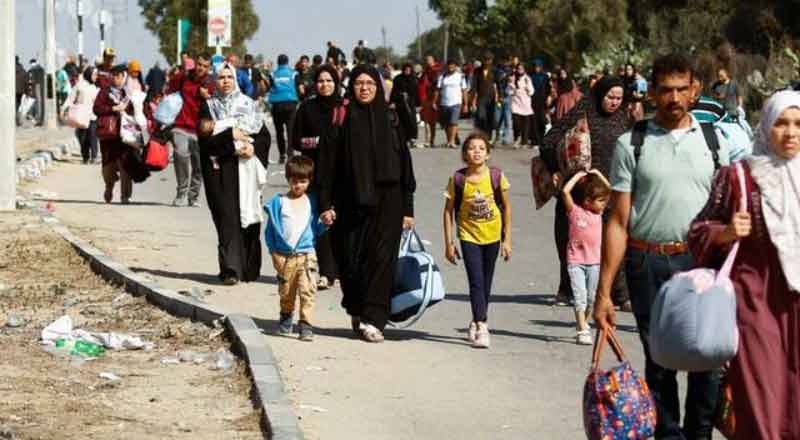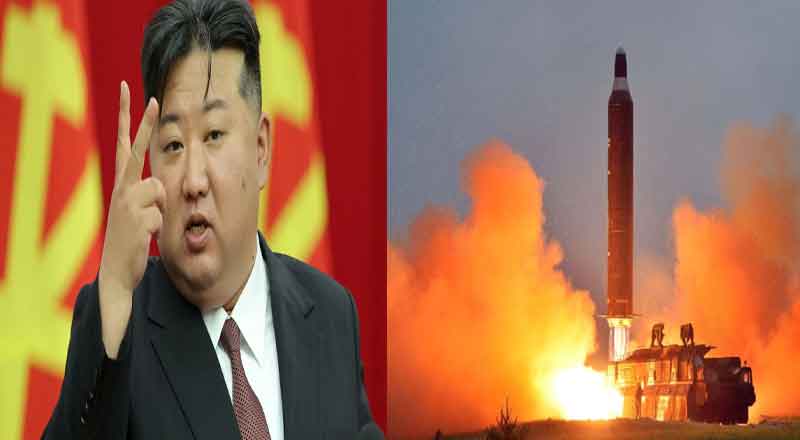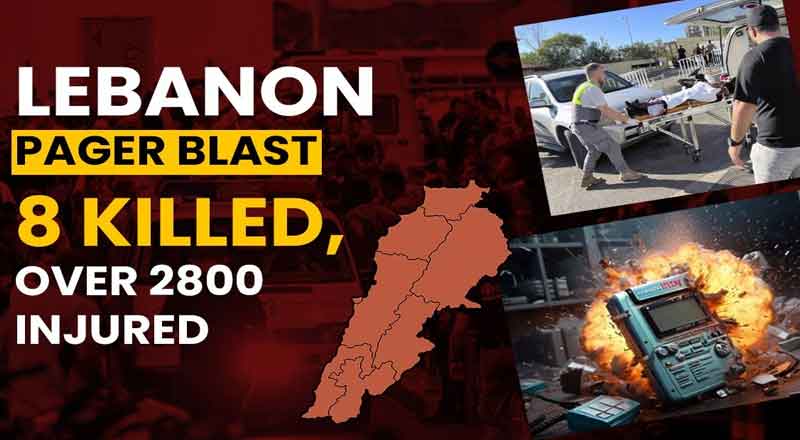- Families flee after new evacuation orders for Deir Al-Balah
- MSF considers suspending wound care at Al-Aqsa Hospital
- Diplomatic efforts by Qatar, Egypt, and U.S. fail to end conflict
- Seven killed in Israeli strikes on Monday, medics say
Mass Displacement in Deir Al-Balah
Late Sunday, the Israeli military issued fresh evacuation orders for Deir Al-Balah, a central Gaza Strip region, escalating the already dire humanitarian situation in the territory. The orders forced countless families to flee their homes, further intensifying the crisis as Israel prepares to target militant groups like Hamas operating in the area. The new wave of displacement follows Israel’s recent series of evacuation directives, the most extensive since the war began 10 months ago, drawing severe criticism from Palestinians, the United Nations, and humanitarian organizations. These groups have voiced concerns over the shrinking humanitarian zones and the absence of safe havens for civilians.
The municipality of Deir Al-Balah reported that the latest orders have displaced approximately 250,000 people. The evacuation zone included Al-Aqsa Hospital, the primary medical facility in the area, which had been a refuge for hundreds of thousands of residents and internally displaced persons. The hospital, now precariously close to the evacuation zone, has seen a significant reduction in its patient population due to fears of imminent bombardments.
Casualties and Medical Crisis
The Israeli military strikes on Monday claimed the lives of at least seven Palestinians, according to medical sources. Among the dead were two individuals in Deir Al-Balah, two more at a school in the Al-Nuseirat camp, and three in the southern city of Rafah, near the Egyptian border. The violence has left the local population in a state of panic, particularly in the vicinity of Al-Aqsa Hospital, where an explosion just 250 meters away on Sunday night caused widespread fear among patients and staff.
Médecins Sans Frontières (MSF) issued a statement expressing concern over the safety of the hospital. The organization is contemplating suspending wound care services temporarily while attempting to maintain life-saving treatments. The Gaza health ministry reported that from an original 650 patients, only 100 remain at the hospital, with just seven in the intensive care unit. MSF condemned the situation as unacceptable, stressing that Al-Aqsa Hospital has been operating beyond its capacity for weeks due to a lack of alternatives. The organization called on all warring parties to respect the sanctity of hospitals and ensure that patients can access medical care without fear of attack.
Diplomatic Deadlock
Amid the worsening humanitarian crisis, there seems to be little hope for a resolution to the ongoing conflict. Diplomatic efforts led by mediators from Qatar, Egypt, and the United States have yet to bridge the gap between Israel and Hamas. Both sides have been engaged in a blame game, accusing each other of obstructing a ceasefire agreement.
Talks in Cairo on Sunday, which neither Hamas nor Israel attended, ended without a breakthrough. Egyptian security sources revealed that neither party agreed to the compromises presented by the mediators. Despite this, a senior U.S. official described the talks as “constructive” and conducted in a spirit of cooperation aimed at reaching a final and implementable agreement.
However, Hamas official Osama Hamdan dismissed these comments, accusing the U.S. of spreading false hopes of an imminent ceasefire to serve its electoral purposes. He also criticized Israel for introducing new conditions during the negotiations, further complicating the already fragile situation. The Biden administration faces growing protests within the United States over its support for Israel, particularly as the November elections approach.
Escalating Humanitarian Toll
The ongoing conflict has exacted a devastating toll on Gaza. According to the Gaza health ministry, more than 40,000 Palestinians have been killed since the war began. The densely populated enclave has been laid to waste, with much of its infrastructure in ruins. Humanitarian agencies report that most of Gaza’s 2.3 million residents have been displaced multiple times, facing severe shortages of food, medicine, and other essential supplies.
The war, now entering its eleventh month, was sparked by Hamas’ attack on Israel on October 7, which resulted in the deaths of 1,200 people and the taking of more than 250 hostages, according to Israeli reports. As the conflict drags on with no end in sight, the humanitarian crisis in Gaza continues to worsen, with the international community struggling to find a solution that could bring lasting peace to the region.
(With inputs from agencies)





